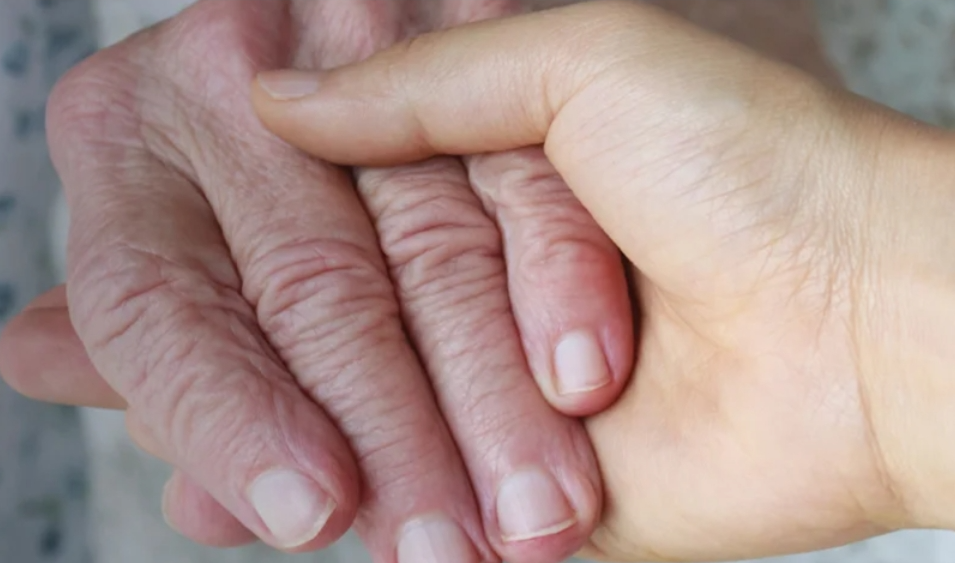End of Life Care | Social care | End-of-life care in care homes and domiciliary care settings



End-of-life care in care homes and domiciliary care settings
Session overview
Description
This session introduces the role of care home (residential and nursing home settings) and domiciliary care staff in providing end-of-life care and looking after dying people.
This session was reviewed by Tes Smith last updated in September 2024.
Learning objectivesBy the end of this session you will be able to:
- identify what is meant by good practice in end-of-life care
- list the core competences associated with good end-of-life care
- recognise the changes that occur as someone approaches death
- identify other potential sources of support
Before commencing this session you should complete the sessions:
- Introduction to elearning for end-of-life care (215-0001)
- The relationship between palliative care and end-of-life care (215-0002)
The Department of Health's End of Life Care Strategy emphasises the need to raise the quality of care provided to dying people and their loved ones in all care settings. By definition, this includes care homes and domiciliary care settings [1](read details regarding the reference). In 2010 Supporting People to Live and Die Well [2](read details regarding the reference) recognised that social care providers are central to effective delivery of the strategy.
Care workers in these settings have the enthusiasm to care and support individuals who are approaching the end of life. Insufficient training, however, can sometimes mean they lack the confidence to carry out this role.
National qualifications such as the Care Certificate are available to help develop workforces. The Care Certificate is an identified set of standards that health and social care workers adhere to in their daily working life. Designed with the non-regulated workforce in mind, the Care Certificate gives everyone the confidence that these workers have the same introductory skills, knowledge and behaviours to provide compassionate, safe and high-quality care and support [3](read details regarding the reference).

- Pacific Islands Immunisation Course
- Posted By Australian College of Nursing (ACN)
- Posted Date: 2025-03-12
- Location:Online
- The Australian College of Nursing’s (ACN) Pacific Islands Immunisation Course is designed for nurses...
- Graduate Certificate in Nursing (Re-entry)
- Posted By Australian College of Nursing (ACN)
- Posted Date: 2025-03-12
- Location:Paramatta SA 5558
- Career break? Re-enter nursing with confidence The Graduate Certificate in Re-entry is designed...
- Clinical Issues in the Care of the Older Person
- Posted By Australian College of Nursing (ACN)
- Posted Date: 2025-03-12
- Location:Online
- This unit of study is designed to explore, consolidate and apply clinical knowledge of acute and chr...
- Principles of Palliative Care Nursing
- Posted By Australian College of Nursing (ACN)
- Posted Date: 2025-03-12
- Location:Online
- This unit of study is designed for nurses working in a variety of settings such as general wards, sp...
- Healthy Ageing
- Posted By Australian College of Nursing (ACN)
- Posted Date: 2025-03-12
- Location:Online
- This unit of study is designed to optimise the student’s understanding of what it is like to age in ...



